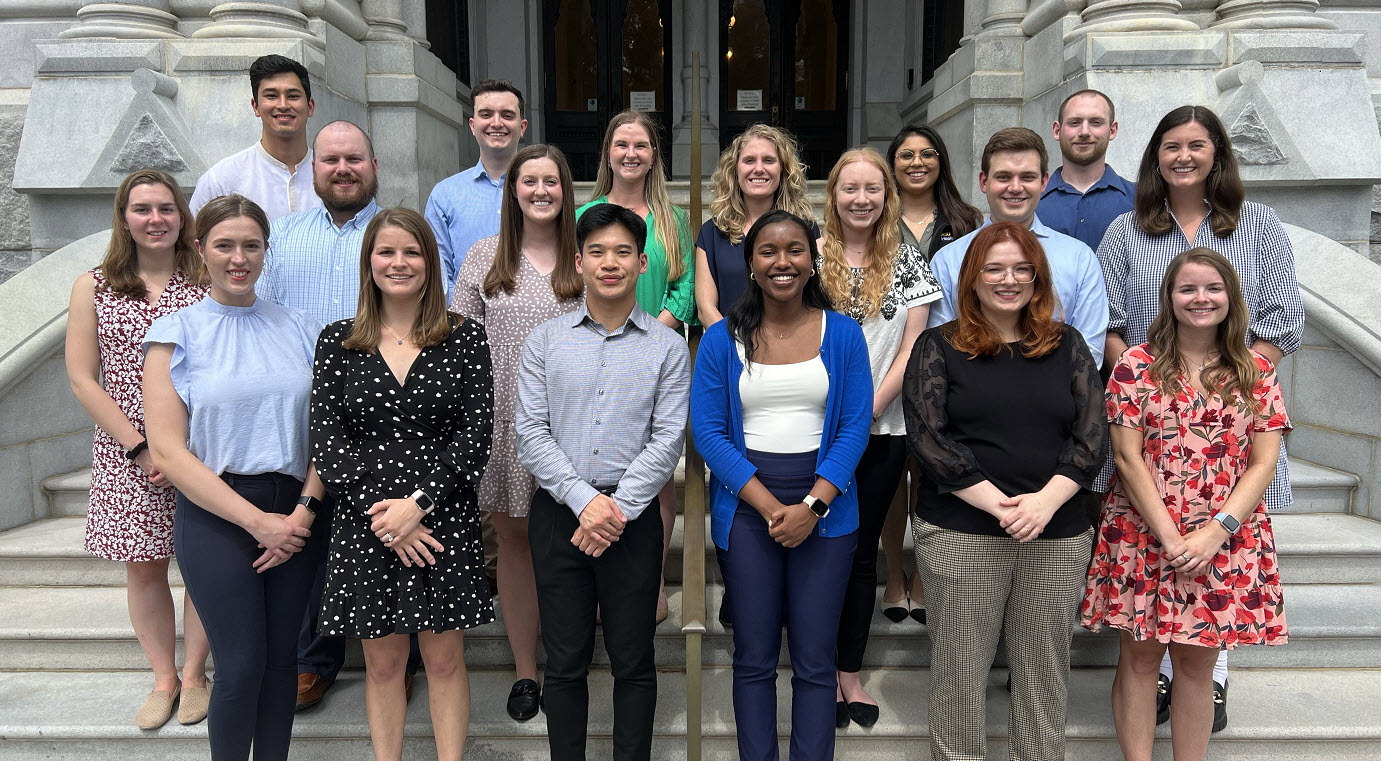VCU Health System (VCUHS)
VCU Health System and VCU Medical Center
VCU Health System is comprised of MCV Hospitals & Clinics, MCV Physicians, Community Memorial Hospital, Neuroscience Orthopaedic and Wellness Center, Emergency Center at New Kent, Stony Point Clinics, Virginia Treatment Center for Children, and the Children's Hospital of Richmond. The combination of the VCU Health System with the five, on-campus health science schools (Allied Health, Dentistry, Medicine, Nursing and Pharmacy) creates the VCU Health Medical Center. As a university teaching and research center, and the largest acute care hospital in Virginia with 811 beds, VCU Health System provides diverse and comprehensive services, such as transplantation for heart, kidney, liver and other organs. VCU Medical Center offers state-of-the-art care in more than 200 specialty areas. The clinics and outpatient services create a major ambulatory care facility with more than 400,000 outpatient visits annually.
General Residency Overview
The pharmacy residency programs at the VCU Health System began in 1970 as a two-year program associated with the Master of Science degree from Virginia Commonwealth University. In 1972 the hospital pharmacy program was accredited by the American Society of Hospital Pharmacists and graduated its first resident. The residency became a one-year general program in 1977. In 1983 the clinical pharmacy residency was introduced, and these programs were merged into the pharmacy practice program 1992, following the evolution of PGY1 residencies. VCU Health System now offers a PGY1 Pharmacy Practice residency, and several PGY2 residencies. Since 1972, the VCU Health System programs have graduated over 300 residents.
The primary goal of each residency program is to provide practical training and experience, while offering the resident the opportunity and stimulus to develop, to the highest degree attainable, his or her professional expertise in the provision of pharmaceutical care. The VCU Health System residency programs are accredited and participate in the respective ASHP/NMS PGY1 and PGY2 Matching Programs, as well as PhORCAS, with the exception of the Pharmacy Administration program which was introduced two years ago.
Program Coordination
Each residency program has a program director who guides the specific activities of that residency. A programs coordinator manages the VCU Health System pharmacy residency program processes that are common to programs including the orientation, rotation scheduling, annual activity assignments, annual retreat, external professional activities, and human resource/personnel activities. The residents report administratively to their program director, the programs coordinator, and the pharmacy services director.
Diversity Statement
VCU Health Pharmacy Residency Programs are committed to fostering diversity and inclusion as a part of its core mission. We believe that investing in diversity promotes institutional excellence. Our efforts focus on engaging patients, trainees, and employees and inspiring a culture that is deliberate in its adoption of the principles of diversity and inclusion. We aim for equity in medical education, patient care, research, and teaching. Our goal is to build upon our experience and make inclusion a norm that is practiced at every level.




